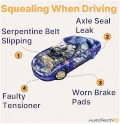
A burning smell in your car doesn't necessarily mean you need an oil change, although it could be a symptom of an issue related to your engine oil. Still, it can have different root causes that don't involve oil. Here's why you're feeling the infamous "car burning oil smell":
Burning smells can have various causes:
- Overheated brakes: This can create a burning rubber smell, especially after heavy braking or driving downhill. This often affects the tire and triggers the tire pressure light on the dashboard.
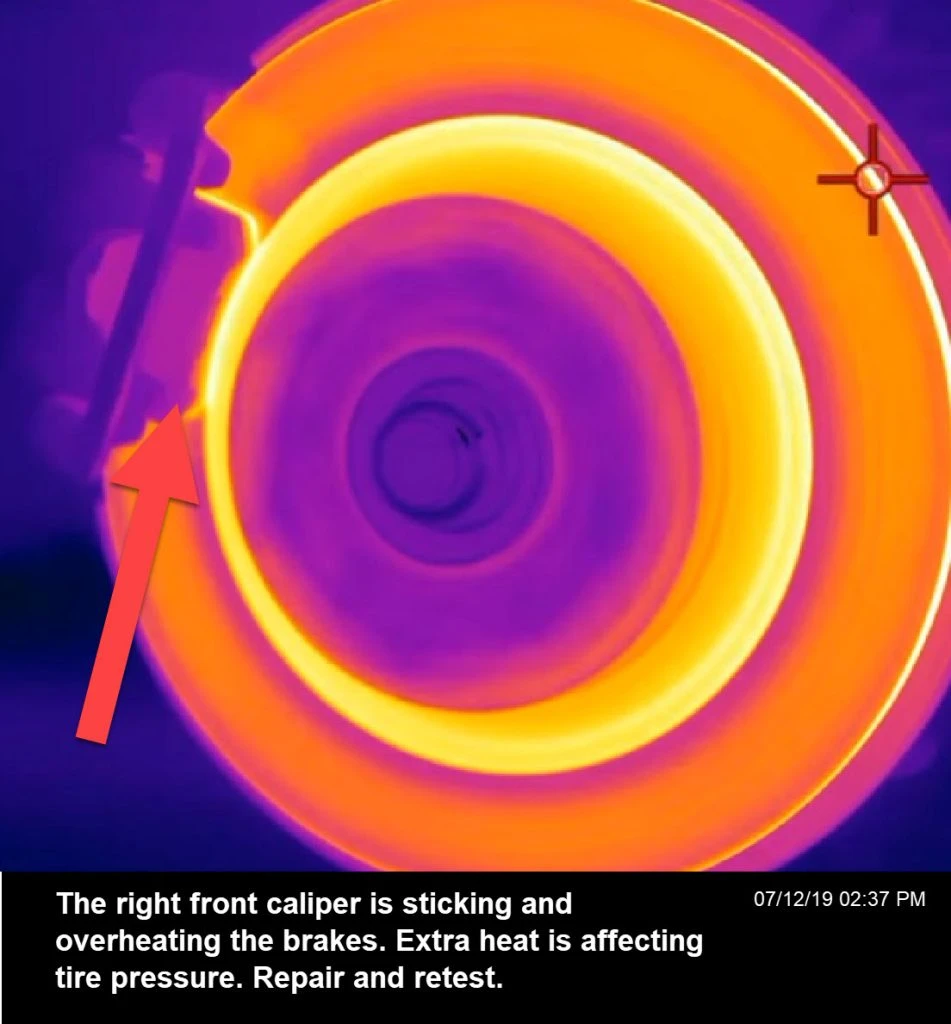
- Clutch burning: If you frequently ride the clutch, it can overheat and produce a burning odor.
- Electrical issues: Burning wires or a short circuit can cause an electrical burning smell. This can be stronger if it's related to the A/C system, like a blower motor wiring, since it's releasing the burning smell inside the cabin.
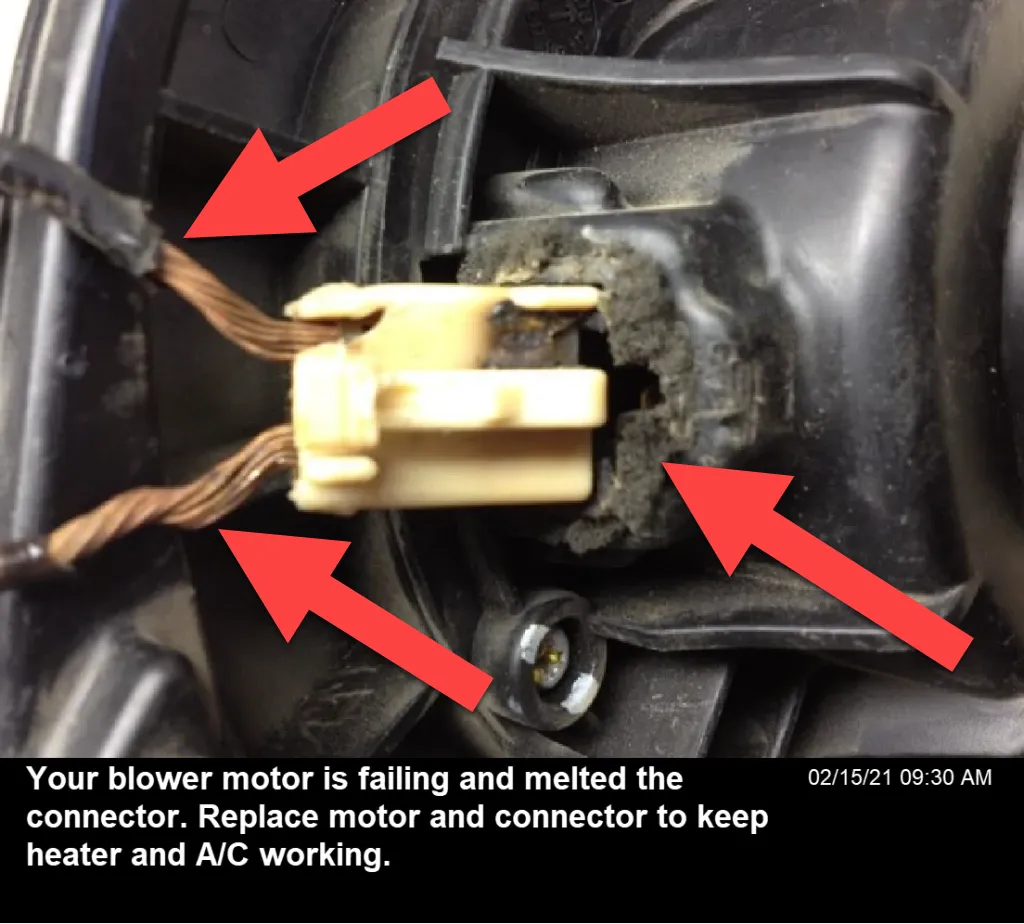
- Leaking fluids: Engine oil, coolant, or other oily fluids leaking onto hot engine parts can burn and emit a distinct smell.
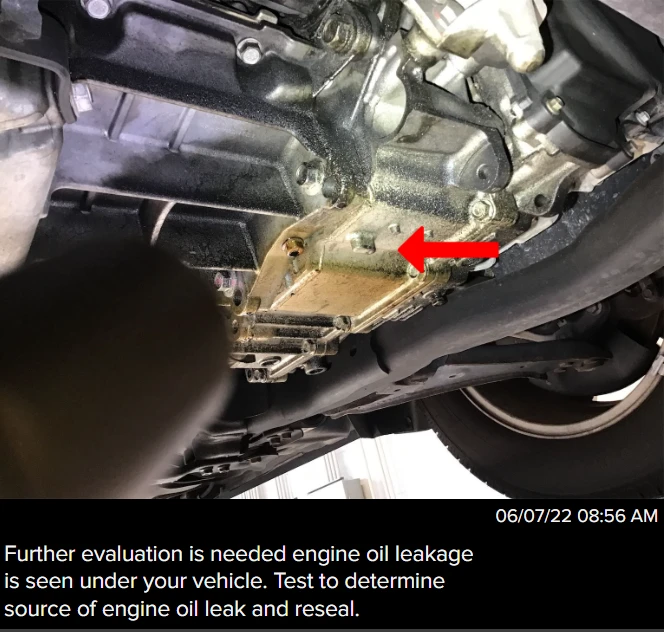
- Other issues: Worn belts, malfunctioning heater cores, or even debris stuck in the air vents can also cause burning smells.
Oil change and burning smell connection:
- Oil burning: If the burning smell coincides with low oil levels or blue smoke from the exhaust, it could indicate worn piston rings or valve seals, causing oil to burn in the engine. In this case, the burnt oil smell won't disappear with an oil change, but further repairs might be needed, even in the car's engine.
- Leaking oil: If the burning smell comes with oil spots under your car, you might wanna search for oil leaks. While an oil change itself won't fix the leak, it's crucial to address the leak promptly to prevent engine damage. Typically you can find this out by tracking where the burning oil smells stronger. If the oil is leaking on the exhaust manifold, it'll typically be more rancid.
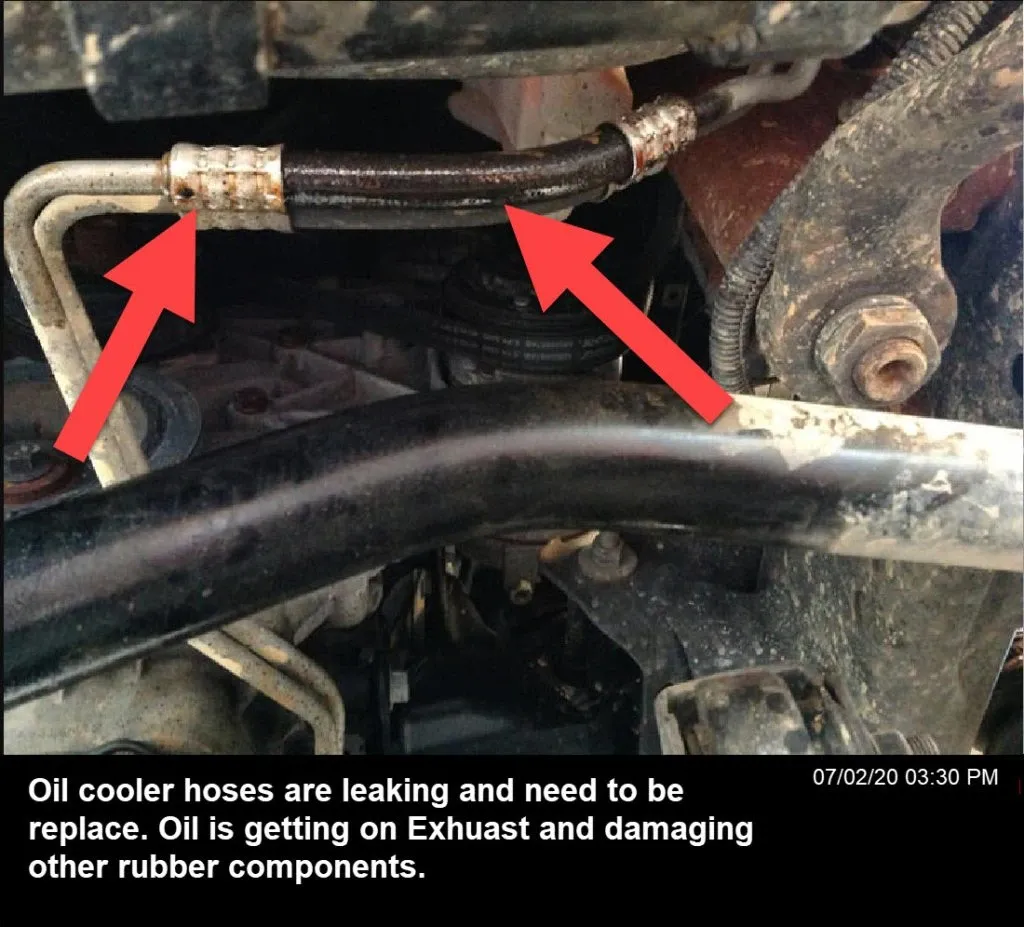
Why does my car smell like burning oil but isn't leaking?
There are a few potential reasons why your car might smell like burning oil even though you can't see any leaks:
Internal oil burning:
- Worn piston rings or cylinder walls: These components seal the combustion chamber and prevent oil from entering. When they wear down, oil can seep past and burn with the fuel, creating a burning smell. This is a more serious issue and might require repairs.
- Faulty valve seals: Worn valve seals, like the valve cover gasket, can also allow oil to leak into the combustion chamber and burn, causing the same burning odor.
- Clogged positive crankcase ventilation (PCV) valve: The PCV system removes harmful gases from the crankcase. If it gets clogged, pressure can build up and force oil into the intake manifold, where it burns and creates a smell. This is usually a relatively inexpensive fix.
External oil burning:
- Oil residue on hot engine components: Even a small amount of oil left over from a previous leak or spill can burn off when the engine gets hot, producing a burning smell.
- Improper oil change: Spilled oil during an oil change can drip onto hot engine parts and burn off, causing the smell.
What to do:
- Don't ignore the smell: Ignoring it can lead to engine damage or even fire.
- Stop driving and turn off the engine: If you smell burning oil while driving, pull over safely and turn off the engine.
- Identify the source: If possible, try to locate the source of the smell. Look for leaks, smoke, or burning marks.
- Consult a mechanic: A qualified mechanic can diagnose the problem and recommend the appropriate repairs. Consider visiting an auto repair shop.
Additional tips:
- Be aware of other symptoms: Blue smoke from the exhaust, decreased engine performance, or unusual noises can provide clues to the problem.
- Check your oil level regularly: This helps identify leaks or excessive oil burning early on.
- Call a Shop nearby (you can find one here): Don't let any oil-related issues build up without a professional inspection; it's always best to be safer and rely on experienced auto shops.
- Don't drive your car if you suspect a serious issue: It's better to be safe than sorry.
Remember, early diagnosis and addressing the issue promptly can prevent expensive repairs and potential safety hazards.
